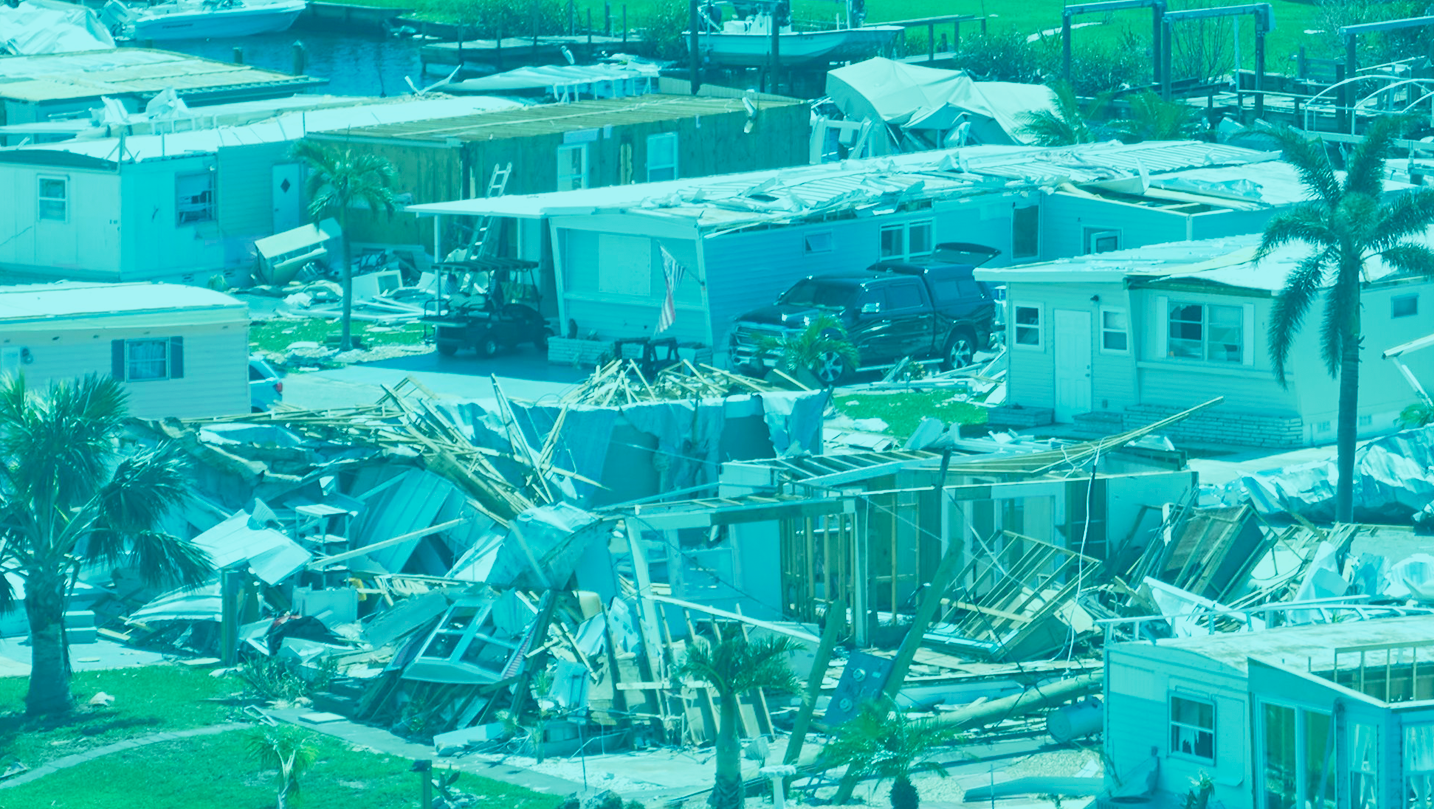When Florida faces a hurricane, we know the actual storm is only the beginning. The winds and rains can cause tremendous damage while the storm is in full force – but they also leave countless hazards in their path after everything has calmed.
Take these precautions to keep you and your family safe from a hurricane’s collateral damage.
1. Avoid Standing Water
The combination of heavy rains, flooding, and knocked-down powerlines is never good. Electrical currents pass through the ground and standing water and can generate enough power to electrocute anything or anyone that even touches the water. Additionally, standing water (even smaller puddles) can actually be hiding large sinkholes that can be catastrophic if they’re driven through. On top of all that, standing water and puddles can contain bacteria and sharp objects that could cause harm.
2. Turn Off Gas Pipes
If you smell gas or suspect a leak, turn off your home’s main gas valve immediately. If you evacuate or suspect the power will go out during the storm and you don’t need to use any gas, turn it off beforehand.
A burst gas pipe within your home could create a toxic poison in your home’s air (which you are breathing) or it could catch fire and destroy your home and belongings.
3. Beware of Carbon Monoxide
If you (or your immediate neighbor) are using generators after a storm, run it outside and at a safe distance from windows, doors and vents to avoid carbon monoxide entering your home. Carbon monoxide overtakes oxygen with poisonous gas, which can lead to death. Keep a carbon monoxide detector inside your home’s closest opening to any running generator. If carbon dioxide is detected, you will be alerted before it poses a threat.
4. Use Bottled Water
Power outages are common after storms, which can affect your city’s water filtration system – making faucet water unsafe for drinking, cleaning or cooking. Keep enough bottled water (and other emergency supplies on hand for every person and pet in the home.
5. Avoid Hazardous Debris
Hurricane debris can include fallen trees, roof tiles, window panes and other materials with rusty nails, sharp edges or other hazards. To avoid injuries, steer clear of any hurricane “fallout.”
6. Don’t Return Home Until It’s Safe
If you’ve evacuated during the hurricane, check local apps to learn when it’s safe to return. If the area has been ravaged and there’s still no power, or potentially dangerous conditions remain, it’s best to stay put.
7. Do What You Need to Do to Keep Everyone Safe
You may need to make immediate emergency repairs to a door, window or even roof to keep your family safe. If you need to buy supplies from the store or call a contractor to conduct repairs, be sure to keep your receipts. Be wary of contractor fraud and those who will ask for cash to make repairs, promising your insurance will reimburse you. This may not be the case, depending on your insurance carrier and policy.
These seven tips will help you make it through those awful first days after a hurricane or storm. VYRD appreciates the chances to help you rebuild and become whole again!
